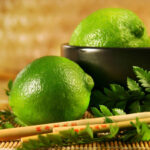Prevent Discoloration in Fruits

Lemon juice helps prevent oxidation, keeping avocado, apple, and banana slices from turning brown. Soak cut fruit in lemon water for about 3 minutes or rub lemon juice on the fruit’s surface.
Enhance the Flavor of Chicken Breasts

Chicken breasts tend to dry out and lack flavor, so rub them with lemon before cooking. The acid in the lemon will make the meat taste sweeter and more tender.
Preserve the Green Color in Boiled Vegetables
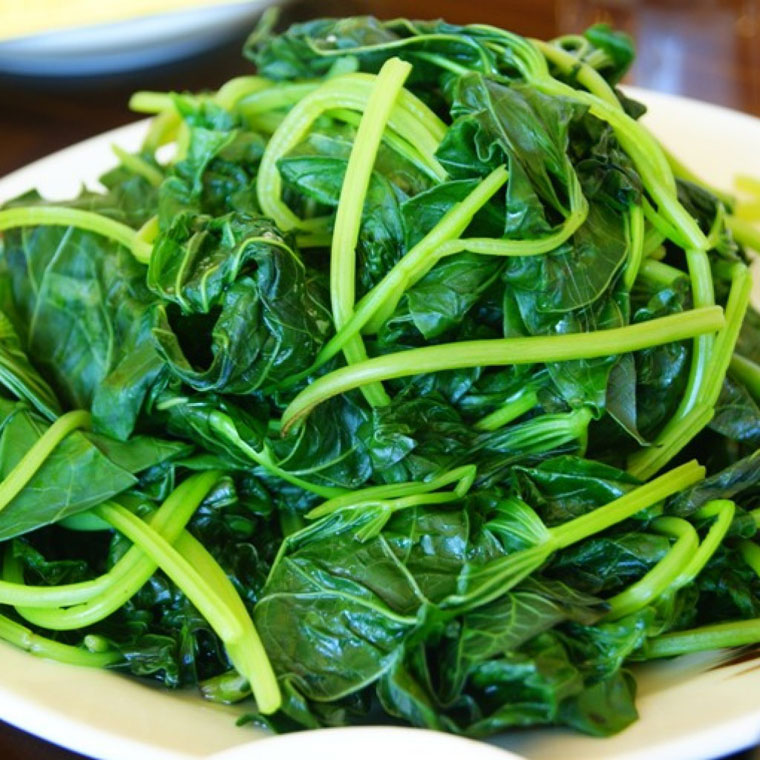
– Add a few drops of lemon juice to the water when boiling vegetables. This will keep them looking vibrant and green.
– Lemon juice can also remove resin or sap from your hands after handling vegetables, which tends to stain your fingernails. Simply wash your hands with a little lemon juice to quickly remove the residue.
Make Eggs Easier to Peel
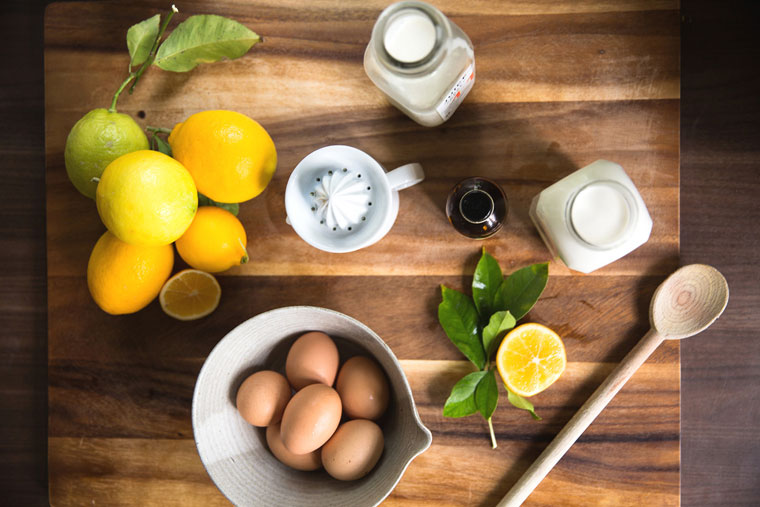
Rub half a lemon all over the eggs, wait for about a minute, and then boil them as usual. Alternatively, you can add a few thin lemon slices to the pot of water, making it easier to peel the eggs afterward.
Enhance the Flavor of Grilled Fish

– Place a lemon slice under the fish when grilling to keep the grill clean and reduce the fishy smell. The lemon will also enhance the flavor of the fish.
– To eliminate the fishy smell during preparation, soak the fish in diluted lemon juice for a few minutes, and then clean it as usual. Alternatively, apply lemon juice to the fish after it has been prepared, and then wipe it dry with a clean paper towel before cooking.
Keep Rice White and Fluffy
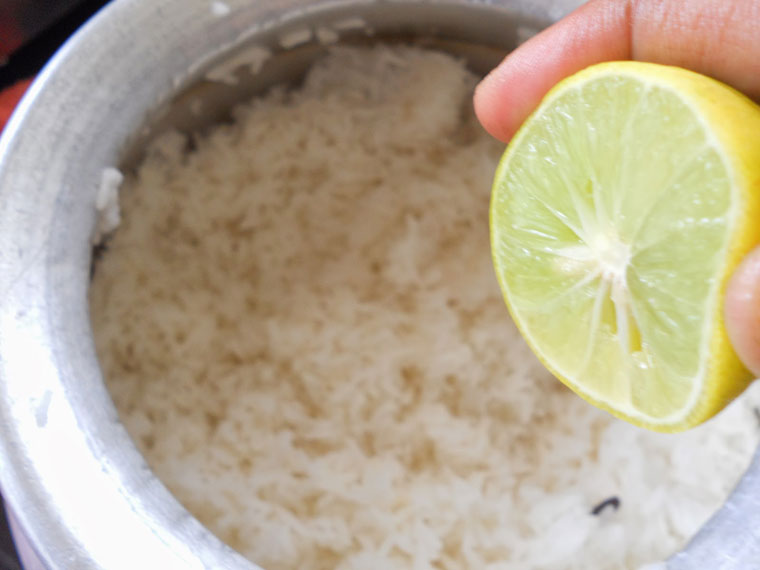
Add a spoonful of lemon juice to the water before cooking to make the rice fluffier. This trick won’t make the rice sour, but it will make the grains whiter and fluffier, reducing the risk of burning or spoilage during hot days.
Prevent Noodle Breakage
Noodles easily absorb water and break during cooking, so add 2 teaspoons of lemon juice to the cooking water to make the noodles chewier and prevent them from breaking.
Improve the Taste of Soups and Stews

Add a little lemon juice or a few lemon slices to the broth at the beginning of cooking to enhance the flavor of chicken, fish, or vegetable soups, as well as stews.
Substitute for Buttermilk in Baking
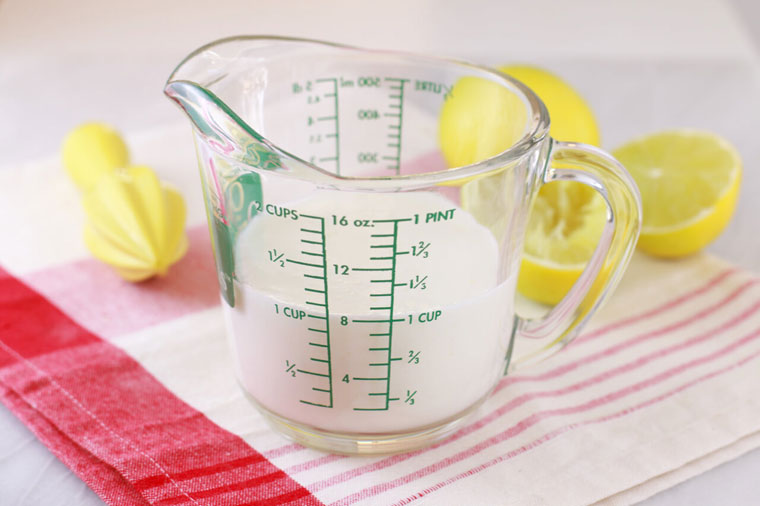
If you don’t have buttermilk when baking, you can use lemon juice as a substitute without changing the recipe. To make one spoonful of buttermilk, mix two tablespoons of lemon juice with a few tablespoons of fat and let it sit for 15 minutes.
Utilize these handy tips to unlock a world of wonderful cooking benefits and save time in the kitchen.
The Multifaceted Grain: Rice’s Surprising Uses Beyond the Dinner Table
 Rice’s Surprising Uses Beyond the Dinner Table’>
Rice’s Surprising Uses Beyond the Dinner Table’>Rice, beyond its culinary uses, boasts an array of surprising utilities. From preserving metal tools to testing oil temperatures and cleaning hard-to-reach places, rice is a versatile staple with a myriad of practical applications.



























